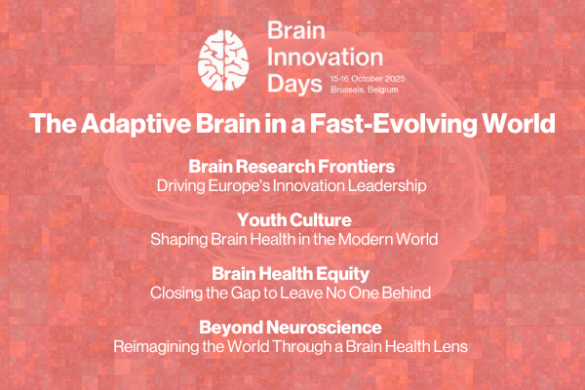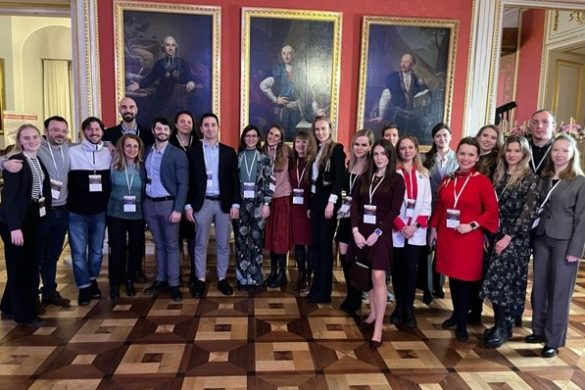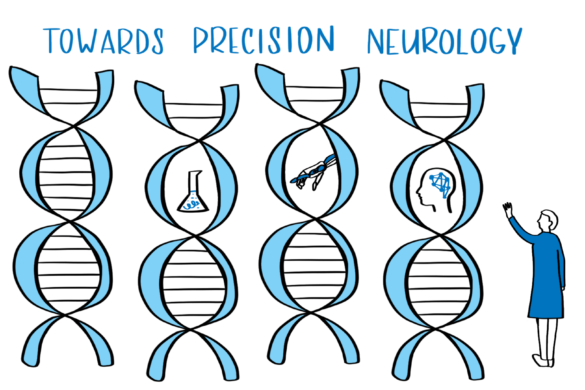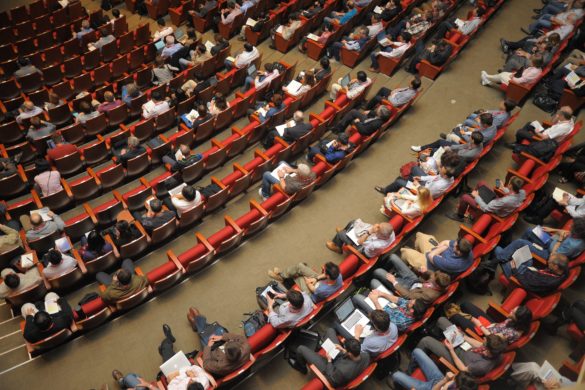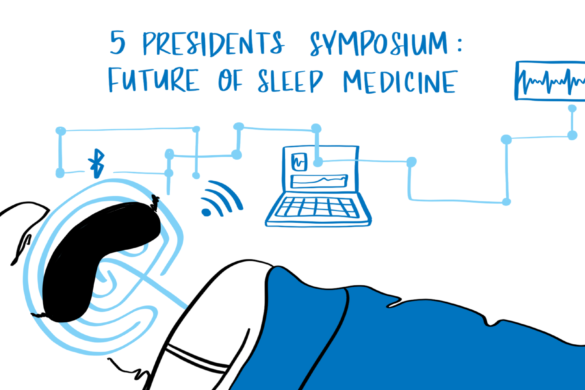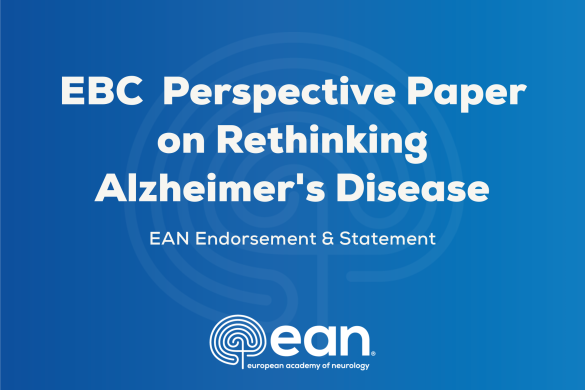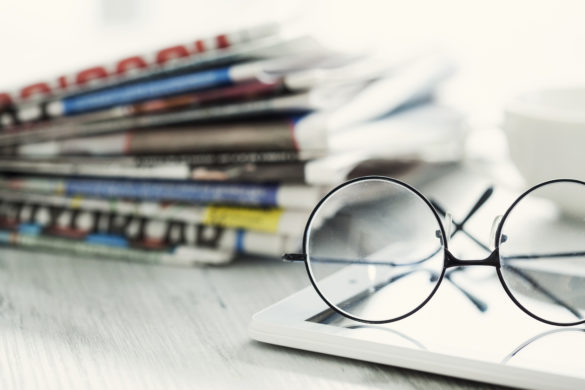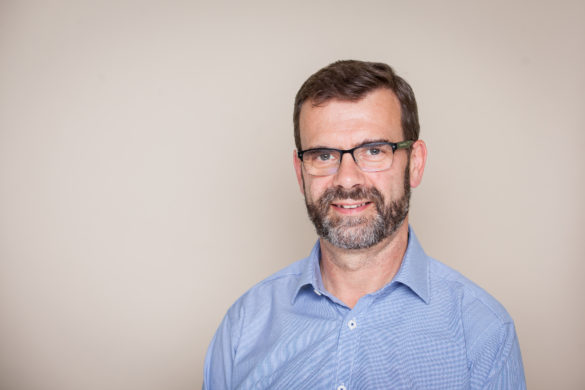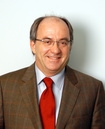 The EFNS Guideline Production Group has been working for almost 2 years. It consists of Magdalena Keindl a biostatistician, Julia Scheidl from the EFNS Head Office and myself as the chair of the EFNS Scientific Committee. With the help of colleagues from the Scientific Committee we have undergone a profound change of our work concerning the production and dissemination of neurological guidelines for Europe. As stated in the adjacent report, quality issues for guidelines have thoroughly changed. Criteria for evaluating scientific evidence and displaying this according to its importance for a recommendation are now based on more formal assessment methods. The writing and reporting of the results, the register of interests of the chair of the Task Force and its members are reviewed more intense. It is not easy to find a chair for a Task Force that has no possible conflict of interest. Geographical spread as well as multi-professionalism has to be handled equally well. Representation of patient organisations has become mandatory wherever possible. Finally, the dissemination of guidelines needs to be revaluated. The Guideline Production Group has been reporting to the Scientific Committee which in its turn has been influential towards the Management Committee and Congress Programme Committee to place the new guidelines on a very visible spot within the Congress Programme. The interest of EFNS Congress participants to become acquainted with new guidelines is enormous. Amalgamation with ENS subcommittees is ongoing. The Guideline Production Group will be happy to receive any suggestions for the further work from any member of the EFNS.
The EFNS Guideline Production Group has been working for almost 2 years. It consists of Magdalena Keindl a biostatistician, Julia Scheidl from the EFNS Head Office and myself as the chair of the EFNS Scientific Committee. With the help of colleagues from the Scientific Committee we have undergone a profound change of our work concerning the production and dissemination of neurological guidelines for Europe. As stated in the adjacent report, quality issues for guidelines have thoroughly changed. Criteria for evaluating scientific evidence and displaying this according to its importance for a recommendation are now based on more formal assessment methods. The writing and reporting of the results, the register of interests of the chair of the Task Force and its members are reviewed more intense. It is not easy to find a chair for a Task Force that has no possible conflict of interest. Geographical spread as well as multi-professionalism has to be handled equally well. Representation of patient organisations has become mandatory wherever possible. Finally, the dissemination of guidelines needs to be revaluated. The Guideline Production Group has been reporting to the Scientific Committee which in its turn has been influential towards the Management Committee and Congress Programme Committee to place the new guidelines on a very visible spot within the Congress Programme. The interest of EFNS Congress participants to become acquainted with new guidelines is enormous. Amalgamation with ENS subcommittees is ongoing. The Guideline Production Group will be happy to receive any suggestions for the further work from any member of the EFNS.
Michael Brainin is Professor of Neurology at the Danube University Krems, Austria and Chairman of the EFNS Scientific Committee
Report of the EFNS Scientist Panel and Task Force Chairpersons’ Meeting
On February 25th, 2012 the Scientist Panel and Task Force Chairpersons got together at the EFNS Head Office in Vienna at a meeting dedicated to the Harmonisation of European practice recommendations. The event was very well attended and the majority of the Scientist Panels were represented by the chairpersons themselves. All in all, 15 out of the 24 Scientist Panels were present. Michael Brainin, Paul Boon and Maurizio Leone joined the meeting for the Scientific Committee and the European Neurological Society (ENS) was represented by Ludwig Kappos. It was a good opportunity for the participants to meet and discuss in a stimulating atmosphere outside the yearly congress.
The main programme of the day was dedicated to report on the principles and necessity of the GRADE.com evaluation. There were lectures by Gerald Gartlehner, director of the Austrian Cochrane Branch and co-developer of the GRADE.com system, as well as from Magdalena Keindl, statistician from the EFNS Guideline Production Group. The participants were provided with an overview of the GRADE.com evaluation as well as a demonstration of the workflow and a practical example. Impulses for a revised guidance for guidelines document were presented by Maurizio Leone and Michael Brainin and discussed with the attendees. This document on the preparation of neurological management guidelines should become a paper to be published in the European Journal of Neurology to provide EFNS Scientific Task Forces with an updated guidance substituting the old paper from 2004. Julia Scheidl, on behalf of the Guideline Production Group, reported on the workflow of producing an EFNS guideline from submission to acceptance and explained the various steps. Finally, there was a lively discussion moderated by Harald Herkner from the Cochrane Collaboration Board. During the second part of the meeting Gian Luigi Lenzi, EFNS Newsletter Editor, presented Neuropenews and invited all participants to comment on the different articles and discuss with colleagues from all over Europe via the Neuropenews website. Thomas Berger held a presentation on E-Brain, the world’s largest, most comprehensive web-based training resource in clinical neuroscience, and thanked the Scientist Panels for their contributions to the various sessions. The online learning platform E-Brain is free of charge for all EFNS members.
In the evening, after a productive meeting the attendees had the opportunity to join a social programme, which lead them to the Leopold Museum. After a guided tour, which showed some of the most important paintings by Egon Schiele and Gustav Klimt, the meeting participants visited a “Heuriger” for a typical Viennese dinner.

